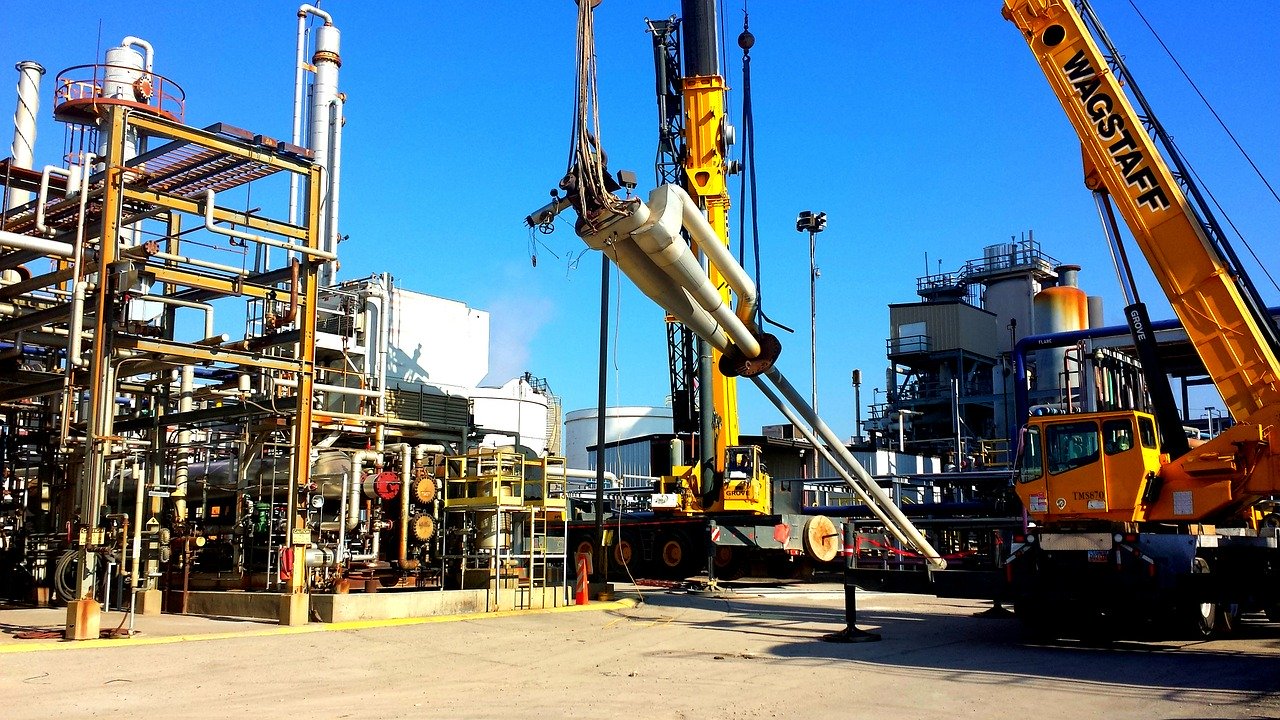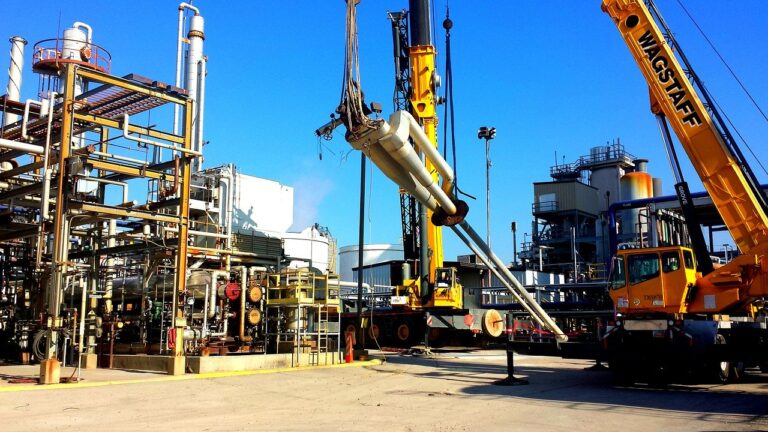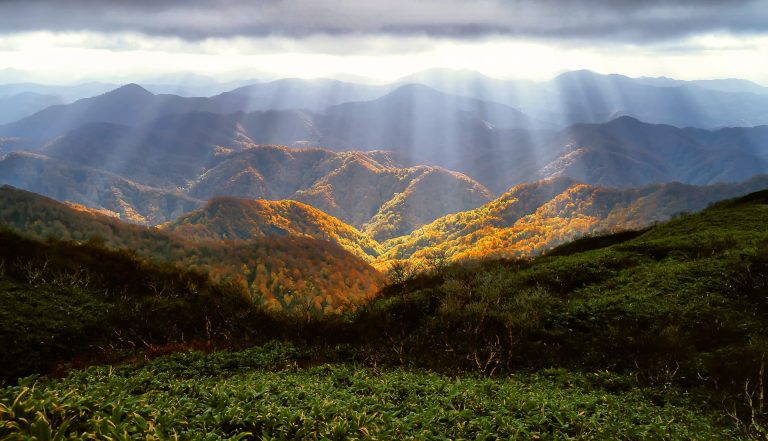Serinus Energy plc (LON:SENX) Chief Executive Officer Jeffrey Auld caught up with DirectorsTalk for an exclusive interview to discuss the operational and financial highlights from their interim results and the outlook for the company going forward.
Q1: Interim results out for the six months ended 30th June 2020, what were the key operational highlights for the period?
A1: I think, as everyone was aware, it was a pretty interesting period.
First and foremost, we managed to keep our crews, our people, and our offices all safe and we’ve been working through the crisis so the most important thing for us is our teams and our people are all safe.
Operationally, production continues to move forward, if you look at 6-month on 6-month, we had very strong increases, 267% increases in production and we had excellent exit rates. We exited June with 2,514 barrels of oil equivalent and that is some very good performance given the difficulties we had moving people around and making sure that things were operating correctly.
So, in terms of production, it was a good quarter, we managed to continue to work on our cost base, production expense per barrel is now $8.68 per barrel so even in the darkest days of the commodity price drops in April and May, we were still generating cash flow from our production. So, that was very good.
It’s been difficult, we’ve had to delay our capital programmes because it’s impossible for us to move crews around, we had planned to do a 3D seismic survey in Romania but the seismic crews are 100 people and we can’t move 100 people around whilst we’re social distancing and restrictions on large gatherings. So, our capital plans have been delayed, we have production wells that we’d like to drill in our fields in Romania and those are delayed too.
In Tunisia, we wanted to install some pumps into the field to increase the production but moving pump technicians across national borders is of course very difficult.
So, operationally, it’s been a good quarter, it could’ve been better but in the face of all the disruptions we’ve had, I think Serinus Energy has done quite well.
Q2: Just looking at the financials, what were the key point that you’d like to highlight to investors?
A2: Well, I think I highlighted one of them when we were talking about our operations and that’s our cost base. We’ve worked very hard over the last 2-3 years to make sure that this is a very efficient business, lowering our production expense per barrel to $8.68 has been fundamental to us. That means that even in these commodity price disruptions, we can continue to generate cash flow.
Obviously, financially, the big thing in this interim period is the drop in commodity prices, we saw realised crude prices drop to about half of what they were at the same time last year so $31 a barrel versus $63 a barrel the previous year. Gas prices did the same thing, we were almost at $8 mcf in Romania and there was a drop to about $4 in the period so clearly a very difficult commodity environment caused primarily by demand destruction of the virus.
So, in the face of that, we’ve still managed to generate significant revenue, we had $13.3 million of revenue, the bulk of that is from Romania so $9.9 million and the $3.4 from Tunisia. Sales of our product continued during the period so we weren’t interrupted in sales and that generated good operating cash flow.
We do have a debt with a European bank for reconstruction and development and the drop in the commodity price made it such that we had to go the EBRD and ask them for a deferral and that’s been delayed until June 2021. We paid $2 million, the remaining $6.4 million of that payment has been postponed for 12 months.
So, a difficult period for revenue but in the face of the drop in commodity prices, we were still able to generate some good revenue.
We have also delayed all of our capital programmes so whilst we had capital in the period that related to the very start of the period where we drilled the M-1004 well.
Q3: Finally, how do you view the outlook for Serinus Energy?
A3: If you’d asked me that in February, I would’ve said this is going to be a very very strong year for us and then 3 weeks later we were shutting down economies. I think we’re going to see a gradual recovery in the commodity prices and that means, for us, a return to the capital spending.
The spending that we can do, installing pumps into our Sabria field in Tunisia and drilling another development well, these are all just very very high return projects so spending the money returns very quickly. For example, like our other wells, you spend $2.5 million to drill a well, the well comes onto production right away and right into an existing infrastructure, existing plant, and existing sales process so it’s immediate cash flow and these wells are very high return.
In the same way, investing in capital in Tunisia, you basically install a pump and you’re pumping into an existing infrastructure, existing sales systems so these are investments we’d very much like to do. As the commodity prices rises again and we start looking at operating cash flow that can be allocated to those sort of investments, we’ll begin investing again.
Clearly, if national governments have restrictions still in place, that will affect our ability to move people around, we’re a technical-dependent company so we have to have pump technicians, drilling engineers, we have to have those sort of people available into the fields. Sometimes, like is the case in Tunisia, those technicians aren’t always in the country so you need to move them in and if there’s national restrictions of moving people around then that could delay us.
I think as things start to normalise, I think we’ll be able to get back to an investment programme that gives fast and good returns and, I hope, towards the end of the year we’re starting to do that again.






































